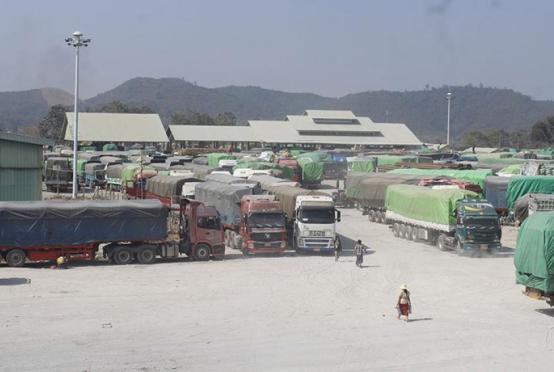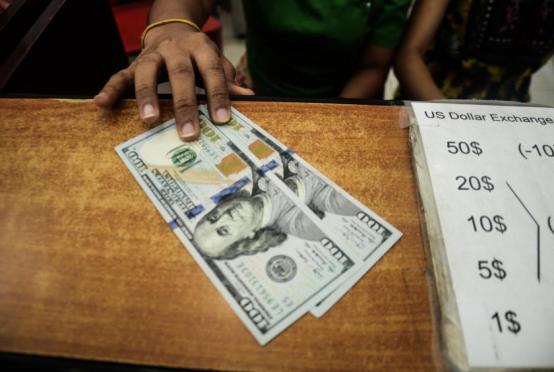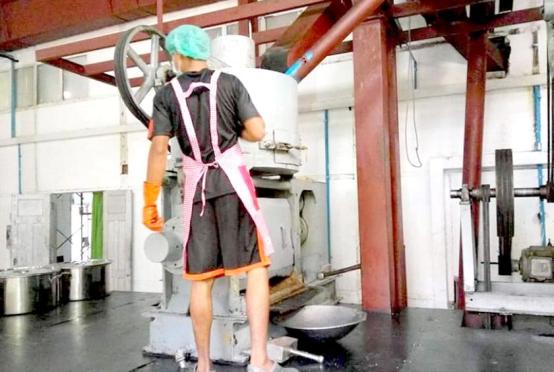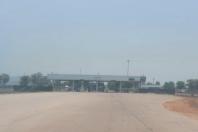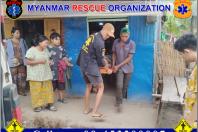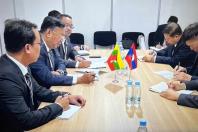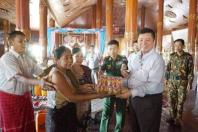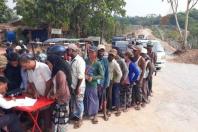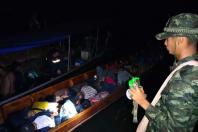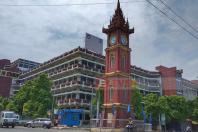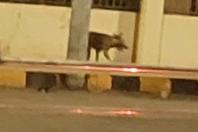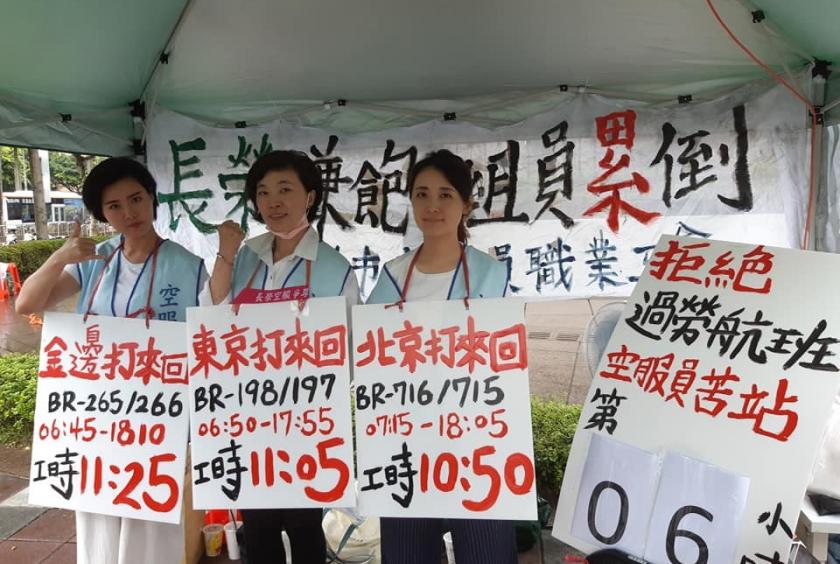
TAIPEI (The ChinaPost) – EVA Air’s attempt to compromise with its employees has failed for the third time. The Taoyuan Flight Attendants’ Union instigated a protest on June 4 in which three flight attendant representatives took a “stand” at the Chang Yung-fa Foundation at 4 a.m., arguing that flights to Phnom Penh, Tokyo, and Beijing are all long and physically demanding.
The representatives from the union, Liao Yi-chin, Qu Jia-yun, and Huang Jun-ting, stood in front of the Chang Yung-fa Foundation and raised signs that read “Phnom Penh round trip”, “Tokyo round trip”, and “Beijing round trip.”
The signs also featured corresponding flight numbers and working hours to depict the employees’ refusal to work beyond their physical capabilities and the need for positive changes.
In regard to the protest, EVA Air argued that the working hours the protestors described also include commuting (like transferring between airports and other registration points) and having meals, which are all times when the flight attendants are not necessarily “working.”
EVA air asserted that the union deliberately used such methods of protest to twist the public’s understanding of their lives at work and taint the company’s name.
EVA Air emphasized that its assignment of flight attendants to its international flights adhere to all relevant laws with an average of 75 hours in flight every month, or 120 hours if the hours spent for receiving training or simply waiting at the EVA Company are included.
The length of these working hours all falls far below the limit imposed by the law.
EVA Air conceded that occasionally the working hours of flight attendants on some flights in certain routes may exceed 12 hours due to the violent changes in weather, military drills, aviation traffic control, and miscellaneous technical difficulties. However, these occurrences only happen at around 0.1 percent to 0.3 percent of the time.
https://chinapost.nownews.com/20190604-591051


